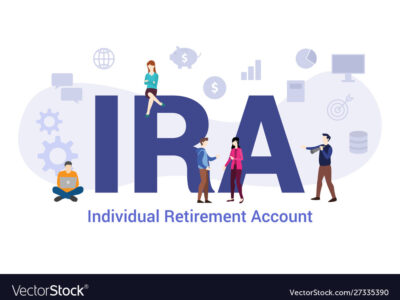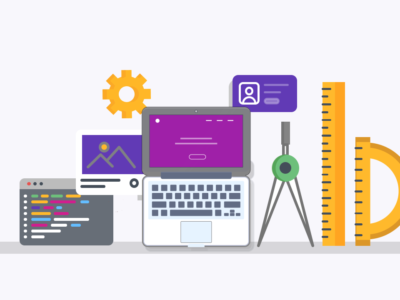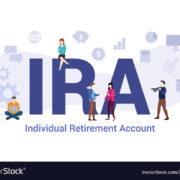
In your late 30s, you may have already established a career and started a family.
The most important thing to focus on is paying off high-interest debt in your late 30s. High-interest debt, such as credit card debt, can be a major drain on your finances and prevent you from achieving your long-term financial goals. By prioritizing paying off high-interest debt in your late 30s, you can reduce the amount of interest you pay over time and free up more money to save and invest for the future. You can also consider consolidating or refinancing your debt to lower your interest rates and make your debt more manageable. Once you have paid off your high-interest debt, you can shift your focus to building an emergency fund, increasing your retirement savings, and investing for the future.
Here are some tips for managing your personal finances during this stage of life:
- Reassess your budget: As your income and expenses change over time, it’s important to periodically review your budget to ensure that it still reflects your current financial situation. Make adjustments as needed.
- Maximize retirement contributions: At this stage of life, you should be thinking about retirement planning. Maximize contributions to your retirement accounts, such as 401(k)s and IRAs, to take advantage of tax benefits and compound interest.
- Review your insurance coverage: As you enter your late 30s, you may have more assets and dependents to protect. Review your insurance coverage, including life insurance, disability insurance, and homeowner’s or renter’s insurance, to ensure that you have adequate protection.
- Pay off debt: If you still have debt, make a plan to pay it off as soon as possible. Prioritize high-interest debt, such as credit card debt, and consider refinancing or consolidating loans to lower interest rates.
- Save for college: If you have children, start saving for their education expenses. Consider opening a 529 college savings plan or other investment account to take advantage of tax benefits and compound interest.
- Review your investment portfolio: Review your investment portfolio to ensure that it aligns with your goals and risk tolerance. Consider working with a financial advisor to develop a personalized investment strategy.
- Plan for major expenses: As you enter your late 30s, you may have major expenses on the horizon, such as buying a home or funding your children’s education. Start planning for these expenses now to ensure that you can meet your financial goals.
Remember, personal finance is an ongoing process, and it’s important to periodically review your finances and make adjustments as needed. By taking these steps and staying committed, you can set yourself up for financial success in your 30s and beyond.










